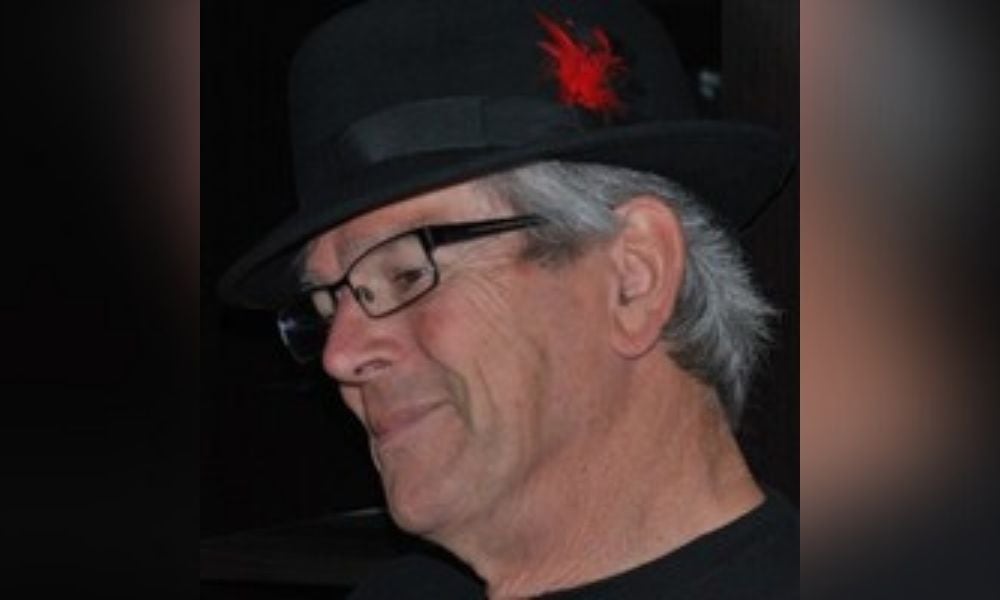Industry stalwart says different perspectives help OHS professionals be more credible

For those wishing to build a career in health and safety, this industry stalwart has some key advice.
Safety consultant David Murray has decades of experience in the sector, and says that he sees a big problem with some health and safety people’s lack of experience outside of the sector.
“They go to university. They get this thing or that thing. But outside of that circle, they have no experience. They don’t know production from a hole in the ground.”
Murray says that from what he has seen, people who have experience outside of safety can bring a “multi-faceted approach.”
This is especially helpful when it comes to being credible on the job.
“I’ve seen this many times, the safety person will recommend something that’s totally impractical. It can’t be done,” he says. “And once that happens, you have a credibility issue wherever you’re working.”
Having outside experience “makes you much stronger as a health and safety person.”
Murray has almost 30 years of experience in health and safety.
“My career path was quite varied,” he says.
He started in production management in a number of different industries, “after all those years in production, I knew how important safety was,” says Murray. “That’s how I came to this wonderful career.” Currently Murray works with health & safety professionals in the Business Council on Occupational Health & Safety (BCOHS),
He started off in safety for a manufacturing plant, and then moved around different sites and corporate offices.
“I got a lot of experience in different parts of the safety equation.”
If the safety role is done well, it helps people at the organization and outside the organization too. It makes a business stronger, and it goes hand in hand with quality.
“There is a very serious connection between injuring people and the success of the business, because it really boils to the number of mistakes people are making. And mistakes lead to bad quality, lead to a shut down.”
But Murray says that there can be a challenge in “convincing management that they need to do something. This is true across the board, whether it be about quality assurance or employee safety.”
“It’s very difficult to prove a negative; to convince management to spend x amount of dollars so that nothing bad will happen. And unfortunately most humans don’t think that something bad is going happen to them,” he says. “So convincing them to spend money on something they don’t believe is going to happen; it’s an uphill battle.”
When he left the corporate world and to start his consulting practice (Nouvera Consulting), he had a vision of helping small businesses.
“I certainly woke up to the reality pretty quickly that small businesses don’t want that kind of help.”
“In my experience as a consultant with small companies that I’ve worked with over the last number of years, it’s still the problem. The smaller the company, the worse it gets. The smaller company is focused on the bottom line,” says Murray.
Convincing them to spend money that they don’t have to prevent something that they don’t think is going to happen is really an uphill battle.
This is less of an issue with large companies in his experience, who “take [safety] very seriously. They hire all kinds of resources in their safety and environmental departments because they know it’s important.”





